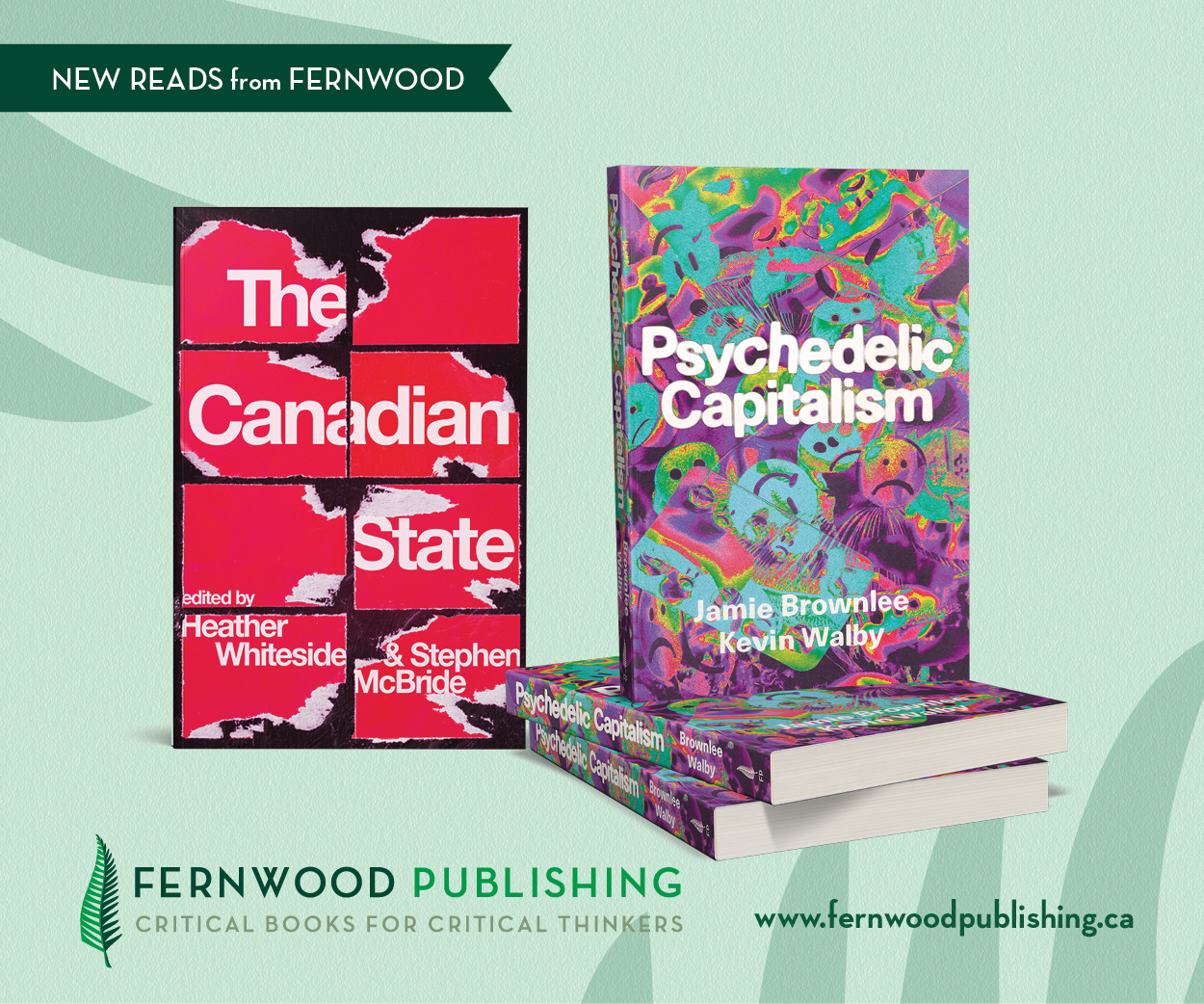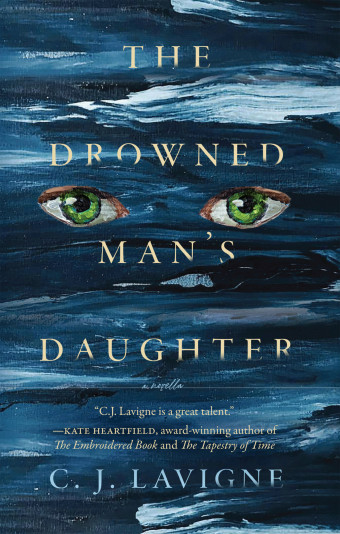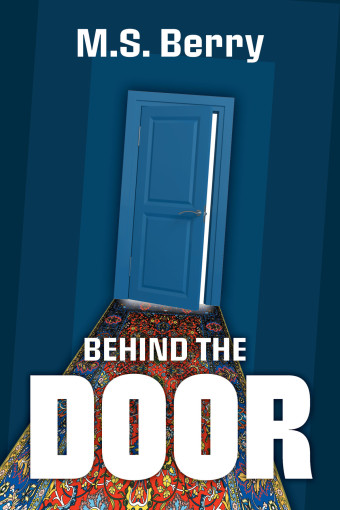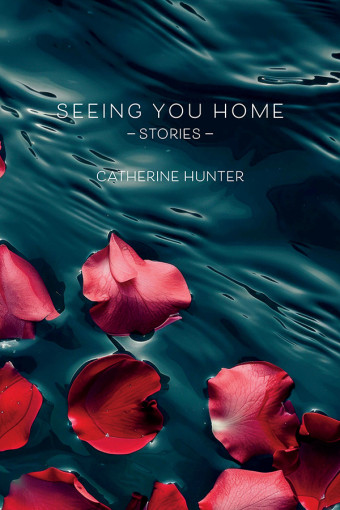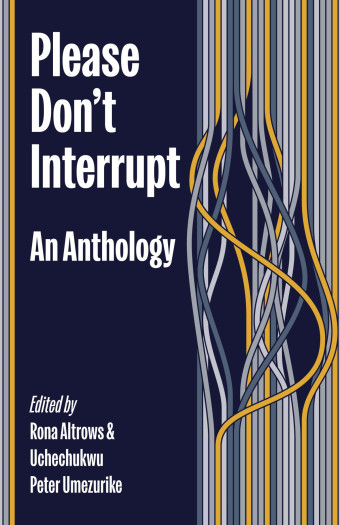In The Book of Rain, award-winning Edmonton-area author Thomas Wharton tells a riveting tale of the impact that human choices have on our world.
The novel’s narrative is bookended by two events: in the first, fictional, event, a “feral” cloud briefly blocks telecommunications. The absence of birds is unremarked. The second, which ends the novel, is an event from our time, which Wharton says is “based on a real-life incident that happened in the United States a few years ago, where a July 4th fireworks extravaganza caused an astonishing number of bird deaths.”

- The Book of Rain
- Thomas Wharton
- Random House of Canada
- $35.95 Hardcover, 424 pages
- ISBN: 978-10-39002-43-2
In between, The Book of Rain is an extraordinary weaving of characters and events in an all-too-plausible parallel world. While Alex and Amery and their parents are on the road to a new life in the East, they stop and stay in River Meadows, Alberta, where they witness the phenomenon known as “decoherences” or slippages of time and space caused by the extraction and processing of ghost ore, a new source of energy.
Eventually River Meadows becomes what one character describes as “one endless, unpredictable, unstoppable decoherence,” and the evacuated town is fenced off as the Park.
Wharton explains, “The Park is based on real-world environmental catastrophe sites, but what I really wanted to suggest was that the Park is nature. It’s the natural world as we’ve damaged it, and as we actually live in it. Nature is beauty and life-sustaining wonder, but it’s also danger, contamination, radiation, and deep strangeness.”
As an adult, Alex writes for the gaming world until he is summoned to find Amery, who has disappeared while saving wildlife in the Park. While Alex perceives the uncanniness of the Park, some of the most powerful experiences in The Book of Rain, written in Wharton’s crystal clear prose, belong to Amery.
Claire, a River Meadow teen when Alex and Amery lived there, becomes a courier for those in the endangered species black market. Arriving at an island so environmentally damaged that visitors are required to wear a skin patch to adjust to the local water and air, she is faced with a choice that tests her moral centre and that will have an impact on the distant future.
_600_596_90.jpg)
Wharton says, “I want to suggest that our growing understanding of how the world really works these days forces us all to confront difficult ethical choices. Most novels are preoccupied with ‘society’ as if human relations exist in a bubble sealed off from the rest of nature. I wanted my novel to poke some holes in that bubble and let ecology in, in all its messy, scary, wondrous multiplicity.”
Wharton is known for reaching beyond what most books attempt. He has written other celebrated novels (Icefield, Salamander), short stories, a picture book about a time-travelling moose, and a YA fantasy trilogy.
“Each book starts with me, a reader, looking for a particular book I’d like to read,” he says, “and when I can’t find it, I start writing it. I never know where that’s going to take me, into adult fiction, or YA, or a children’s book.
“That’s a big part of the wonder and joy of writing, for me. Setting out into the unknown.”


